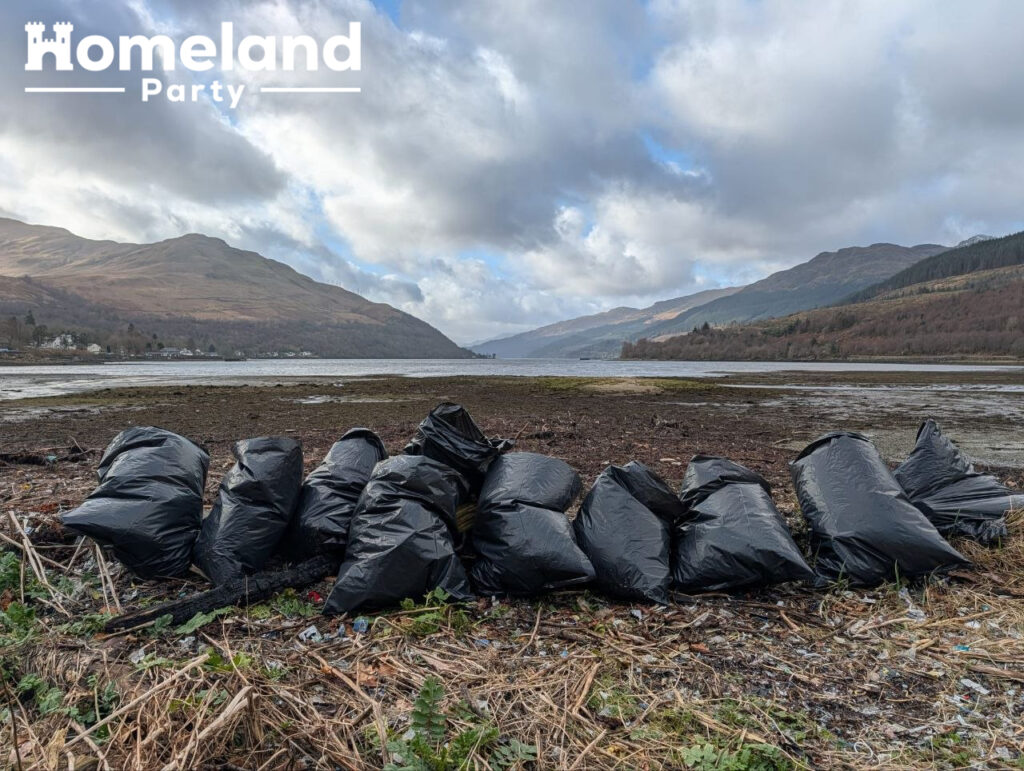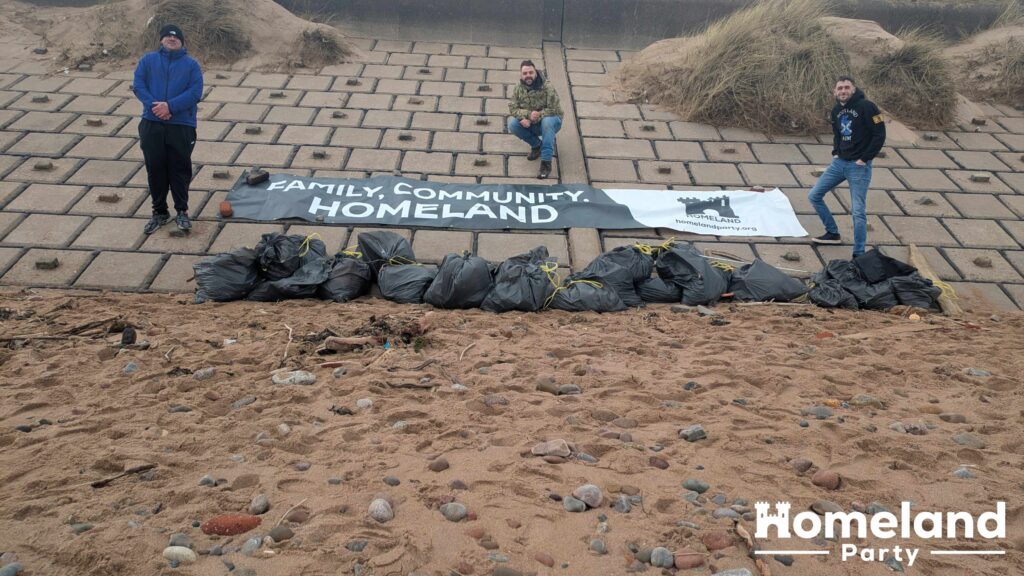While the issue of Fracking in Britain has gone quiet, it’s always good to keep it in mind in an era when we are constantly told of rolling blackouts on the horizon as energy prices soar. Onshore fracking enjoyed a brief ban that has since been overturned. Fracking sits waiting on the boundary of this dialogue as a quick fix to decades of poor infrastructure planning by successive Labour and Conservative governments.
So, what is fracking?
Fracking is a process by which natural gas and oil can be extracted from the ground by fracturing the shale rock layer in which they are trapped. After a well is drilled into the shale layer, it is fractured with high volumes of water at pressure. Proppant, a mixture of uniform particulates like sand and various industrial chemicals, is added to the water to facilitate extraction. After the process is completed, the contaminated water is polluted, which poses a disposal problem.
Pollution is a fact of life for any large-scale industrial process. Still, the real danger of fracking is the potential for groundwater contamination in Britain and the vast quantities of freshwater used and polluted in the process. Britain is already experiencing the beginnings of a freshwater crisis. The lack of reservoirs & a rising population have exacerbated this issue. Calls for water rationing are not something the people of this northern, temperate island should be experiencing outside of extenuating circumstances. This isn’t the result of “climate change”; it’s a result of infrastructure mismanagement.
There is also the contested matter of geological instability caused by fracking and the potential for damage to towns, cities, villages, etc., close to these sites.
Water as an inheritance.
Our freshwater is one of our most valuable and taken-for-granted resources. As nationalists, we know that it is not ours to squander or damage; it’s something to be passed on to future generations. Land-based fracking sites should be considered a present and future threat to the stability and viability of these islands. It’s a stop-gap solution with potentially far-reaching consequences.
We are looking at the long term.
We should support the development of hydroelectric and nuclear facilities in Britain to alleviate our energy woes. Hydroelectric power, in the form of dams or tidal, is proven in Britain and is not subject to the whims of the weather like other technologies like wind or solar. The Severn Barrage is an unrealised dream of a massive renewable win. Of course, there would be habitat change, but there is also the potential for habitat restoration in that project.
Chornobyl overshadows nuclear energy. It was an event in the past and more of an indictment of the crumbling Soviet State than the technology itself. Rolls Royce has proposed building Small Modular Reactors. Still, our government is not likely to support these as they currently slave to the incoherent global environment agenda that sees us fretting about methane emissions from cows. At the same time, India and China are bringing more coal power plants online. Ignoring this opportunity would be a further blow to the industry in Britain and another step backwards on the path to energy security.
Nuclear energy requires a far-reaching vision and responsibility from the government that we have not seen in this country for decades. Still, Nationalists with a view from the past to the future can offer such a vision. Fracking is a grasping attempt to cover the current system’s energy mismanagement failures. We must look forward with clarity; no more lurching from crisis to crisis driven by inaction.


